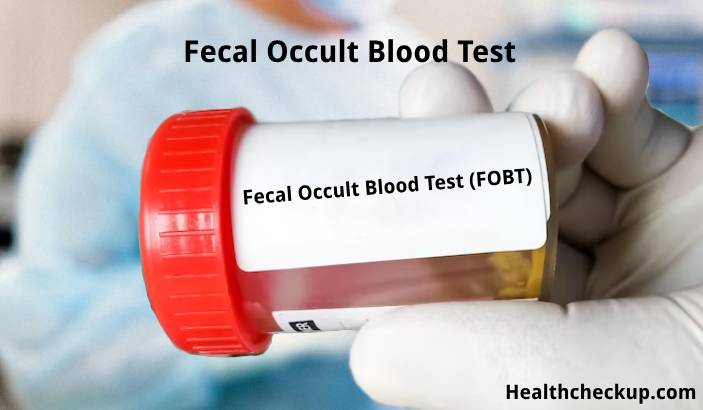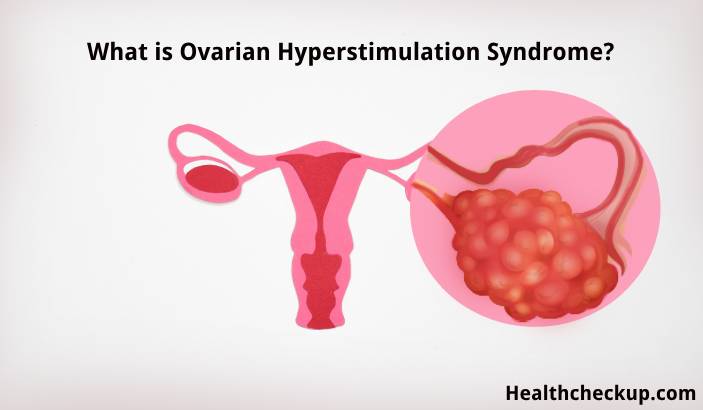The Fecal Occult Blood Test (FOBT) is a critical screening tool used to detect hidden (occult) blood in the stool, which is not visible to the naked eye. This test is primarily used to identify early signs of colorectal cancer, as bleeding may be an early symptom of this condition.
Purpose of the Fecal Occult Blood Test
- Early Detection of Colorectal Cancer: FOBT is a vital tool in screening for colorectal cancer, helping detect the disease at an early stage when it is most treatable.
- Identifying Gastrointestinal Disorders: Besides cancer, FOBT can help diagnose other conditions that cause bleeding in the gastrointestinal tract, such as ulcers, polyps, hemorrhoids, or diverticulosis.
- Monitoring Gastrointestinal Health: For individuals with a history of colorectal cancer or other gastrointestinal diseases, regular FOBTs may be recommended to monitor their condition.
Preparation for the Fecal Occult Blood Test
- Dietary Restrictions: Certain foods and medications can affect the accuracy of the FOBT. Patients are usually advised to avoid red meats, certain vegetables (like broccoli and cauliflower), and vitamin C supplements as they can cause false positives or negatives.
- Medication Consultation: Inform your healthcare provider about all medications, including over-the-counter drugs and supplements. Some medications, such as aspirin or other non-steroidal anti-inflammatory drugs (NSAIDs), may need to be stopped several days before the test.
- Understanding the Test Kit: The FOBT is often done at home using a test kit provided by a healthcare provider. It’s crucial to understand and follow all instructions included with the kit to ensure accurate results.
Procedure of the Fecal Occult Blood Test
- Sample Collection:
- You will receive a test kit with instructions and materials for collecting the stool sample.
- Typically, the kit includes a test card or a special tissue that you’ll use to collect a small stool sample after a bowel movement.
- Avoid contaminating the sample with urine or water from the toilet.
- Applying the Sample:
- Apply the stool sample to the test card or collect it in a container as instructed. This process is repeated for two or three consecutive bowel movements to ensure accuracy.
- Seal the sample and label it if required.
- Returning the Sample: The collected samples are returned to the laboratory or your doctor’s office for analysis.
Normal Range and Results
- Normal Result: A negative test result means that no blood was found in the stool samples, suggesting there are no signs of bleeding in the digestive tract.
- Abnormal Result: A positive test result indicates the presence of blood in the stool. It’s important to note that a positive result does not necessarily mean that there is cancer; it simply means that further diagnostic tests, such as a colonoscopy, are needed to determine the cause of the bleeding.
Risks Associated with the Fecal Occult Blood Test
- False Positives: Certain foods, medications, or even dental work (causing swallowing of blood) can result in a false positive, suggesting that there is bleeding when there is none.
- False Negatives: At times, the FOBT might miss the presence of blood, especially if the bleeding is intermittent.
- Emotional Stress: Receiving a positive result can be distressing and may lead to anxiety. It’s crucial to have support and follow-up care to address the cause of the bleeding.
Conclusion
The Fecal Occult Blood Test is a non-invasive, simple screening tool that plays a significant role in the early detection of conditions that cause gastrointestinal bleeding, including colorectal cancer. While the test is not diagnostic, its primary value lies in its ability to prompt further investigation into the underlying causes of detected bleeding. Proper preparation and following instructions accurately are key to obtaining reliable results. With minimal risks involved, the FOBT is an essential part of preventive health care for individuals over the age of 50 or those at high risk of gastrointestinal diseases.
I specialize in writing about health, medical conditions, and healthcare, drawing extensively from scientific research. Over the course of my career, I have published widely on topics related to health, medicine, and education. My work has appeared in leading blogs and editorial columns.









